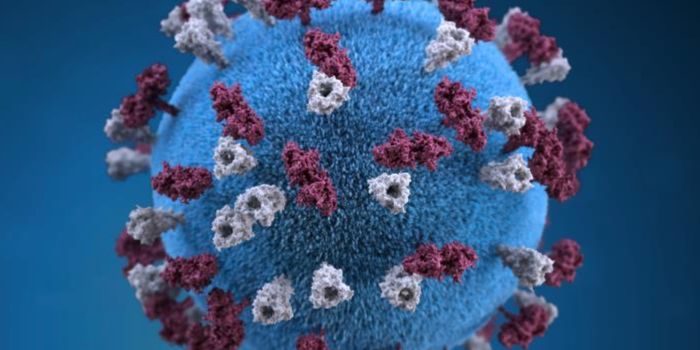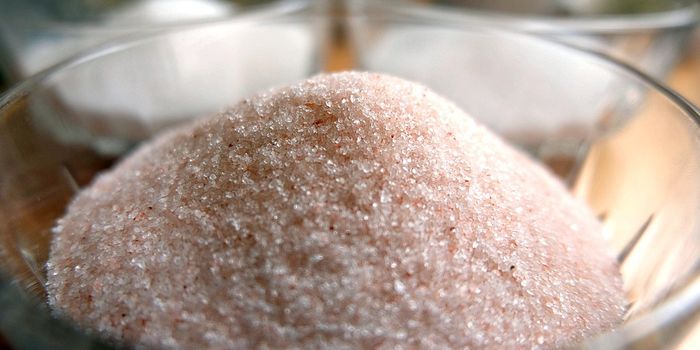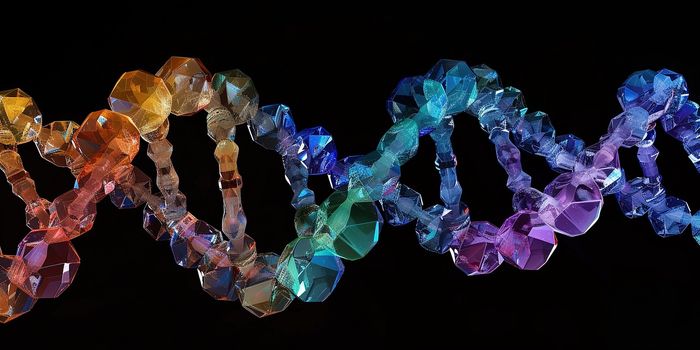Discovery of Viral Peptides Paves the Way for Cheaper, More Accurate COVID Diagnostics
Over 1.5 billion vaccine doses have been administered worldwide, but SARS-CoV-2 variants are now threatening efforts to loosen the pandemic’s grip on global communities. With variants on the move from the countries they were first identified in, effective, widely available COVID diagnostics are our best hope for limiting the spread of the virus.
Serology tests are diagnostics that pick up the presence of antibodies against SARS-CoV-2 viral proteins in a patient’s blood sample. There are around 200 commercially available serology tests for COVID, most of which boast high specificities and sensitivities, and can produce results rapidly. The tests use purified viral proteins to “pull” down any antibodies against SARS-CoV-2 in the sample, creating a positive result.
However, because SARS-CoV-2 shares many molecular characteristics with other coronaviruses, there is a chance that antibodies against related viruses may create false-positive results. Additionally, the recombinant proteins used in these tests are costly to mass-produce.
In the hunt for sensitive, more cost-effective diagnostic tests, researchers have identified a series of viral peptides that bind specifically to antibodies in the plasma of patients with COVID-19. Antibodies from patients who had recovered from other coronavirus infections, common colds, as well as healthy donors were not recognized by the panel of four peptides, highlighting their specificity to SARS-CoV-2.
In this breakthrough result, the researchers showed that a unique combination of four viral peptides could be used to create a new and improved COVID diagnostic with 100 percent specificity at just a fraction of the manufacturing costs of currently available tests. Peptide epitopes are just fragments of whole proteins, slashing the costs and complexity of the manufacturing process. Additionally, using peptides reduces the risk of cross-reactivity that results in false positives.
The researchers also found an additional utility of their peptide panel—for gauging the severity of COVID symptoms. Blood samples containing high levels of antibodies against the four peptides were more likely to come from ICU patients or those requiring ventilation.
“The flexibility of these epitopes to be used alone or in combination will allow for the development of improved point-of-care-tests (POCTs),” wrote the authors.
Source: The Lancet.









